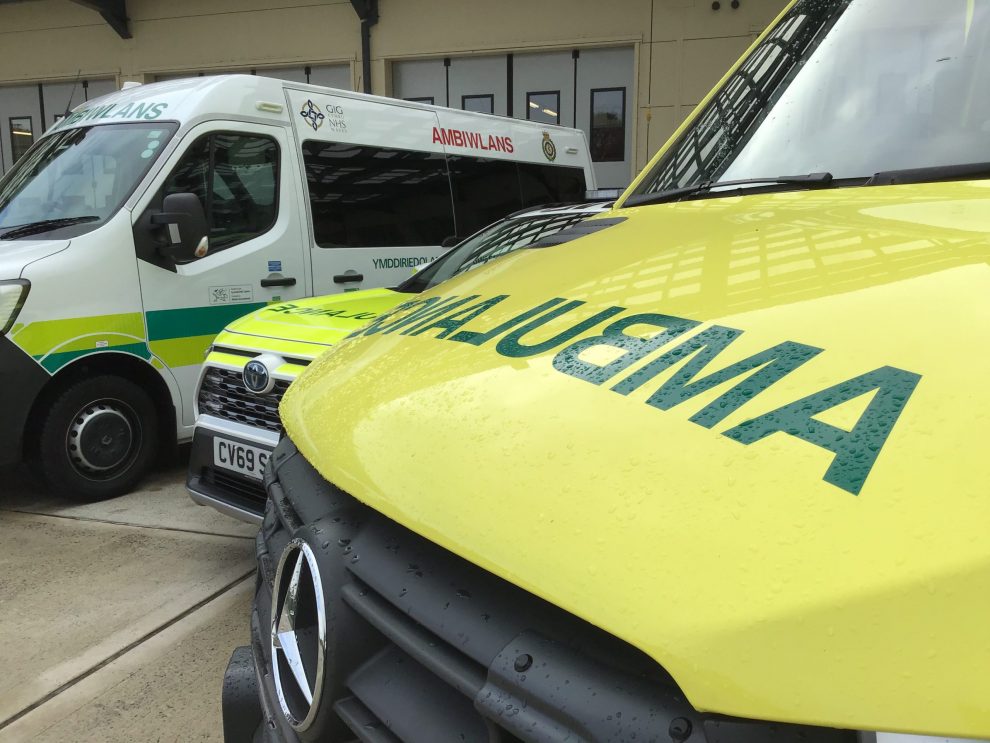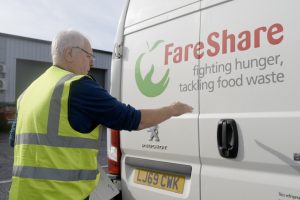THE Welsh Ambulance Service has revealed the most inappropriate calls made to 999 in the past year.
Among them was someone who had eaten a mouldy tomato and someone who had got their plaster cast wet.
One person with an earring lodged inside their ear asked for a “lift” to the Emergency Department, while another dialled 999 for a papercut.
Of the 470,653 incidents recorded by the service in the last 12 months, nearly a quarter were non-essential, including someone with diarrhoea and someone enquiring about their medication.
In the face of unprecedented demand, the ambulance service is reminding people only to call 999 in a serious or life-threatening emergency.
Chief Executive Jason Killens said: “Our ambulance service exists to help people who are seriously ill or injured, or where there is an immediate threat to their life.
“That’s people who’ve stopped breathing, people with chest pain or breathing difficulties, loss of consciousness, choking, severe allergic reactions, catastrophic bleeding or someone who is having a stroke.
“People with something stuck in their ear still have a clinical need, but calling 999 for that is ill-judged when there are so many other ways to access more appropriate help.
“Non-essential calls represent nearly a quarter of our total 999 calls, and time spent dealing with these could be time spent helping someone in a life or death situation.”
As Covid-19 tightens is grip, the Trust is asking the public to think about the many alternatives to 999.
Director of Operations Lee Brooks said: “Winter is traditionally our busiest period, and we also have a global pandemic to contend with.
“It’s easy to make fun of the people who call 999 foolishly, but actually, these people do have a legitimate clinical need – they just don’t know where to turn for it.
“We’re asking the public to educate themselves on the NHS services available in their area, of which there are many.
“The symptom checkers on the NHS 111 Wales website are a good place to start for advice and information, or you could phone 111 to speak to a nurse or health information advisor.
“Also think about your local pharmacist, dentist and optician, as well as your minor injuries unit and GP.
“Also ensure you have a well-stocked medicine cabinet for things which can be treated at home, like coughs and colds, sore throats and grazed knees.
“Every single one of us has a responsibility to use NHS services wisely and protect them for those who need them most.
“Help us to help you, and think twice before you call 999.”
999? I’ve eaten a mouldy tomato!’ – Inappropriate calls to Welsh Ambulance Service revealed















